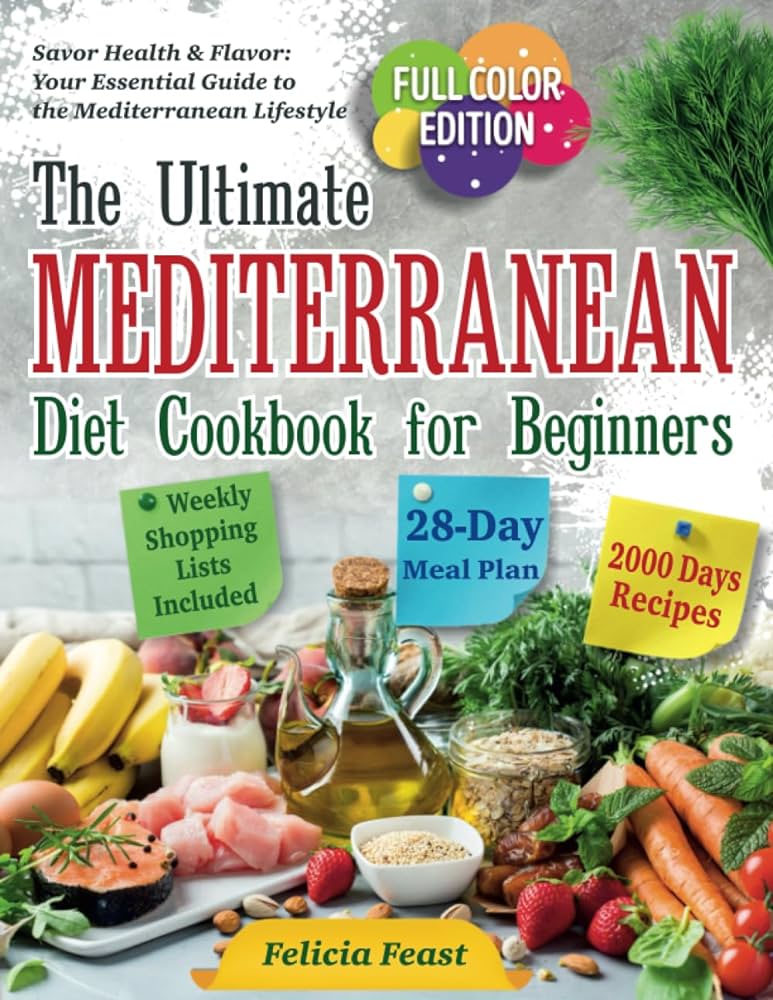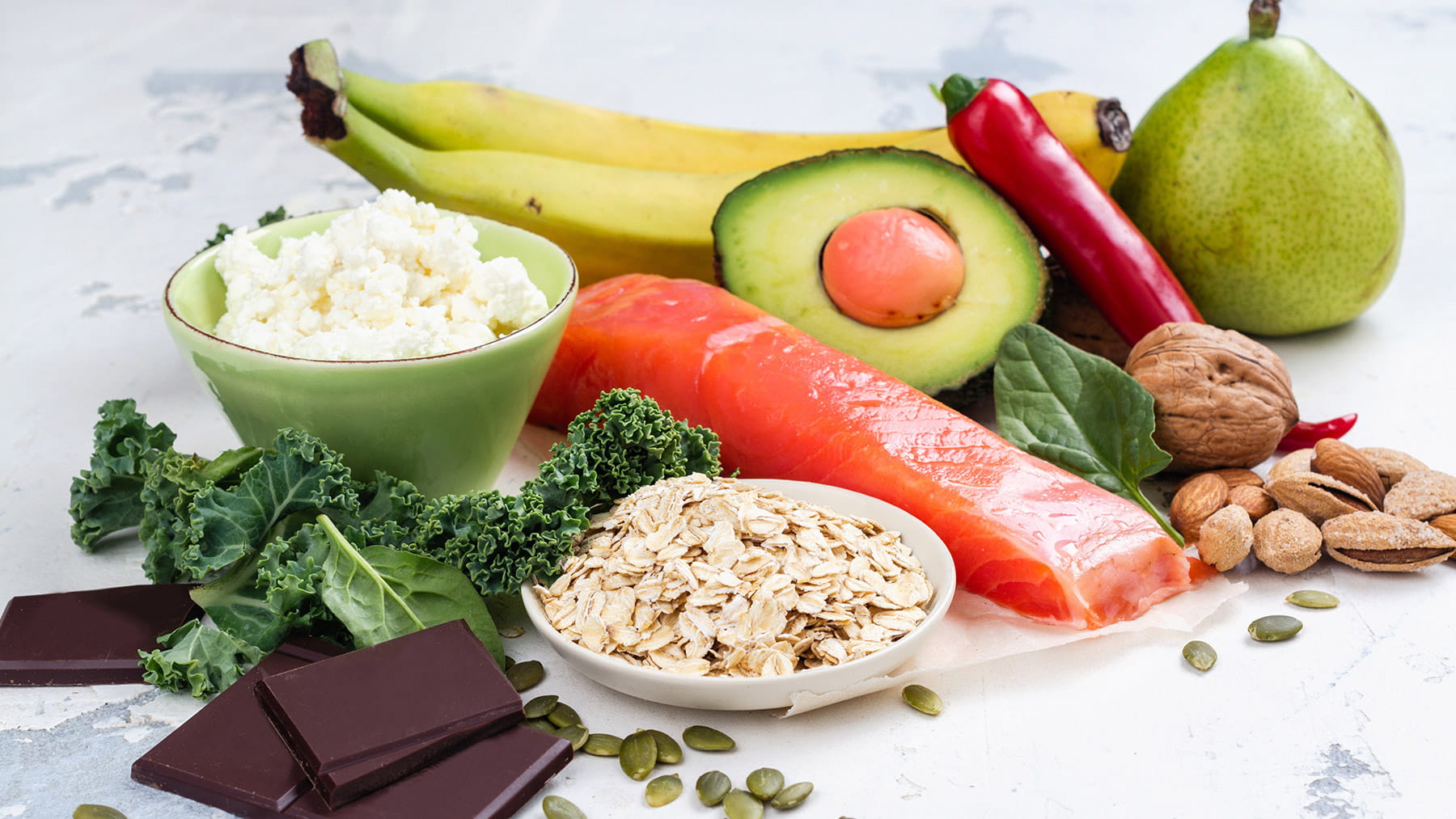The Mediterranean diet is a heart-healthy eating plan that incorporates the traditional foods and cooking styles of the countries bordering the Mediterranean Sea, such as Greece, Italy, and Spain. It is not just a diet, but a way of life that promotes overall wellness and longevity.

Credit: www.amazon.com
Table of Contents
Benefits of the Mediterranean Diet
The Mediterranean diet is widely recognized for its numerous health benefits. Studies have shown that following this eating pattern can reduce the risk of various chronic diseases, including heart disease, diabetes, and certain types of cancer. Additionally, it has been associated with improved mental health, weight management, and longevity.
Basic Guidelines of the Mediterranean Diet
The Mediterranean diet emphasizes the consumption of whole, unprocessed foods. It is centered around the following principles:
- Eat plenty of fruits and vegetables: These should form the foundation of your meals.
- Choose healthy fats: Incorporate foods rich in monounsaturated fats, such as olive oil and nuts, and limit saturated fats and trans fats.
- Go for whole grains: Opt for whole grain bread, pasta, and rice instead of refined grains.
- Include lean protein: Eat fish and poultry in moderation, and limit red meat consumption.
- Enjoy dairy in moderation: Choose low-fat dairy products like yogurt and cheese, and limit the intake of full-fat options.
- Reduce added sugars: Limit the consumption of sugary beverages and processed sweets.
- Drink plenty of water: Hydration is key, so make sure to drink an adequate amount of water throughout the day.
Mediterranean Diet Food List
Here is a comprehensive list of Mediterranean diet-friendly foods that you can include in your daily meals:
| Food Group | Examples |
|---|---|
| Fruits | Apples, oranges, berries, grapes, pears, peaches, etc. |
| Vegetables | Tomatoes, cucumbers, spinach, kale, broccoli, peppers, etc. |
| Whole Grains | Brown rice, quinoa, whole wheat bread, whole grain pasta, oats, etc. |
| Legumes | Beans, lentils, chickpeas, etc. |
| Nuts and Seeds | Almonds, walnuts, pistachios, chia seeds, flaxseeds, etc. |
| Healthy Fats and Oils | Olive oil, avocado oil, olives, avocados, etc. |
| Fish and Seafood | Salmon, tuna, sardines, shrimp, mussels, etc. |
| Poultry and Eggs | Chicken, turkey, eggs, etc. |
| Dairy Products | Low-fat yogurt, cheese, etc. |
| Herbs and Spices | Basil, oregano, thyme, rosemary, cinnamon, etc. |

Credit: www.health.harvard.edu
Frequently Asked Questions On The Ultimate Mediterranean Diet Food List: Boost Your Health With Power Foods
What Foods Are Included In The Mediterranean Diet?
The Mediterranean diet includes foods such as fruits, vegetables, whole grains, legumes, fish, and olive oil.
Why Is The Mediterranean Diet Considered Healthy?
The Mediterranean diet is considered healthy due to its emphasis on fresh, whole foods, and the inclusion of heart-healthy fats from olive oil and fish.
Can The Mediterranean Diet Help With Weight Loss?
Yes, the Mediterranean diet can promote weight loss as it focuses on nutrient-dense foods that are lower in calories and higher in fiber.
Is Red Wine A Part Of The Mediterranean Diet?
Red wine is consumed in moderation as part of the Mediterranean diet, providing potential health benefits due to its antioxidant content.
Conclusion
The Mediterranean diet is not only a healthy eating plan but also a lifestyle that promotes overall well-being. By incorporating the Mediterranean diet food list into your daily meals, you can enjoy a wide range of delicious and nutritious foods while reaping the many benefits associated with this diet. Remember to practice portion control and listen to your body’s hunger and fullness cues. Bon appétit!








